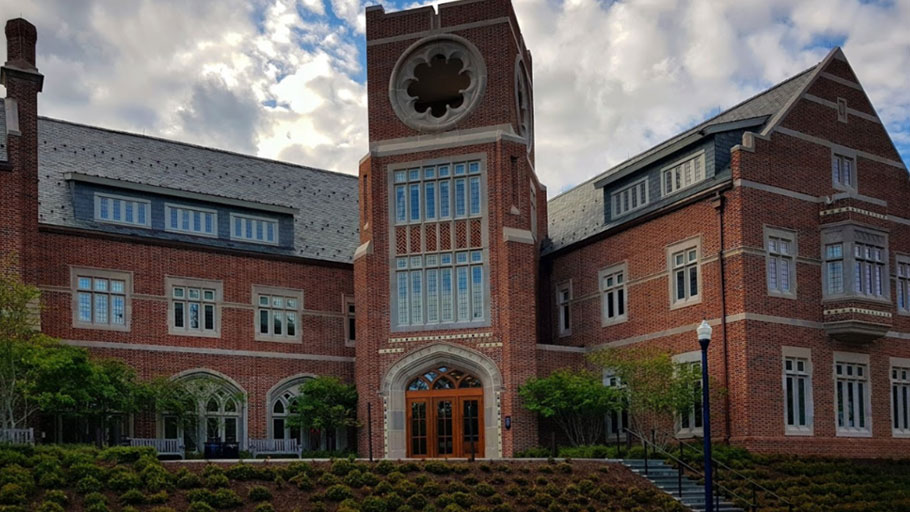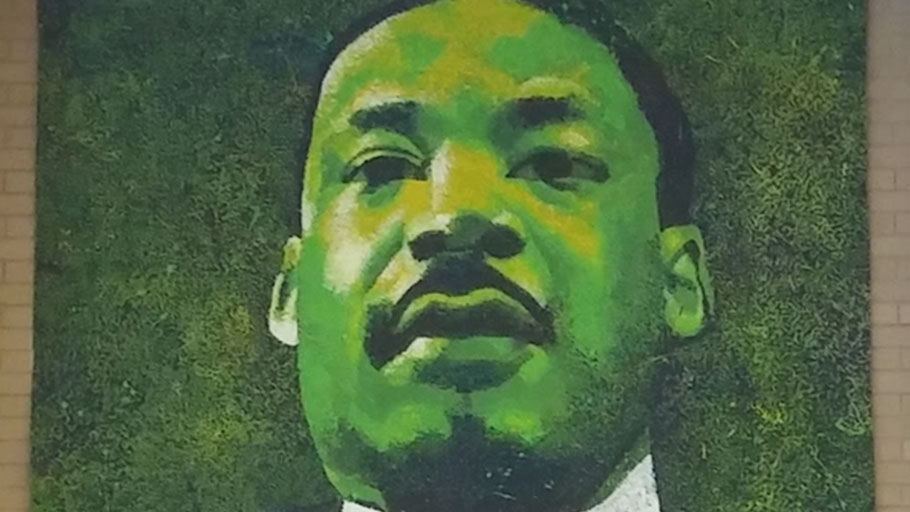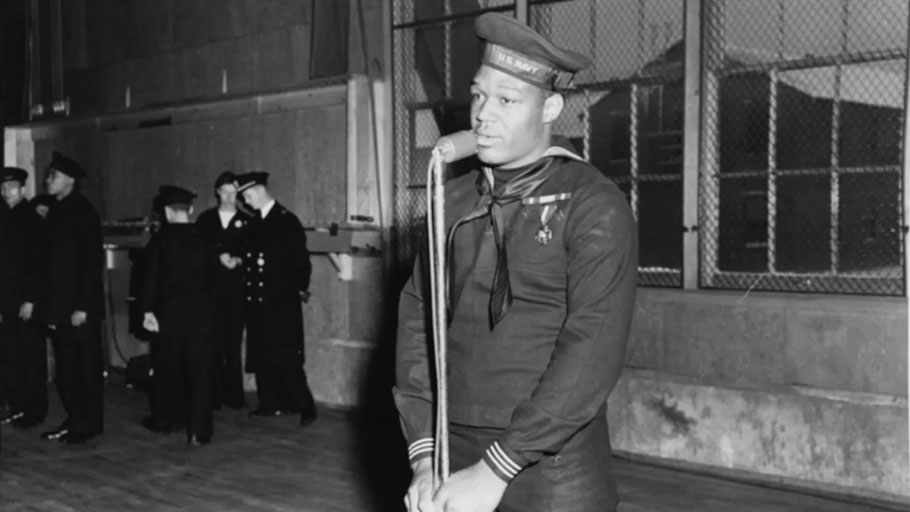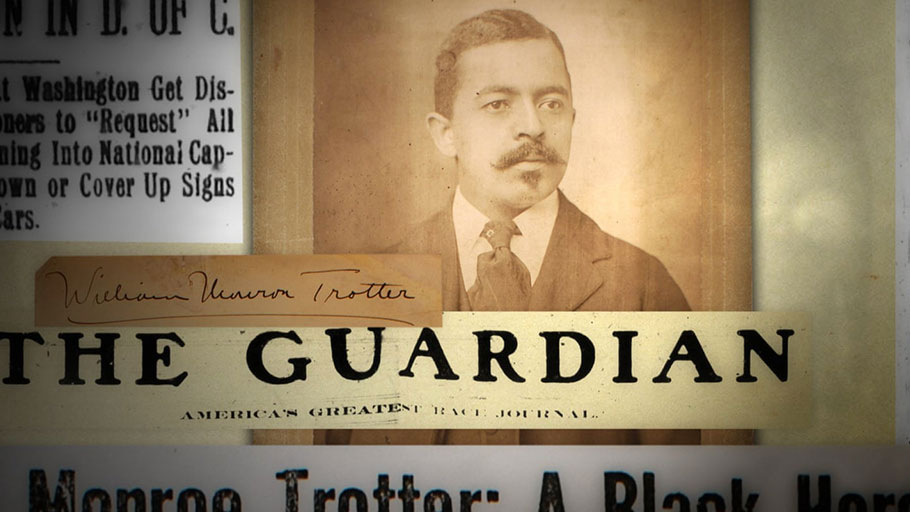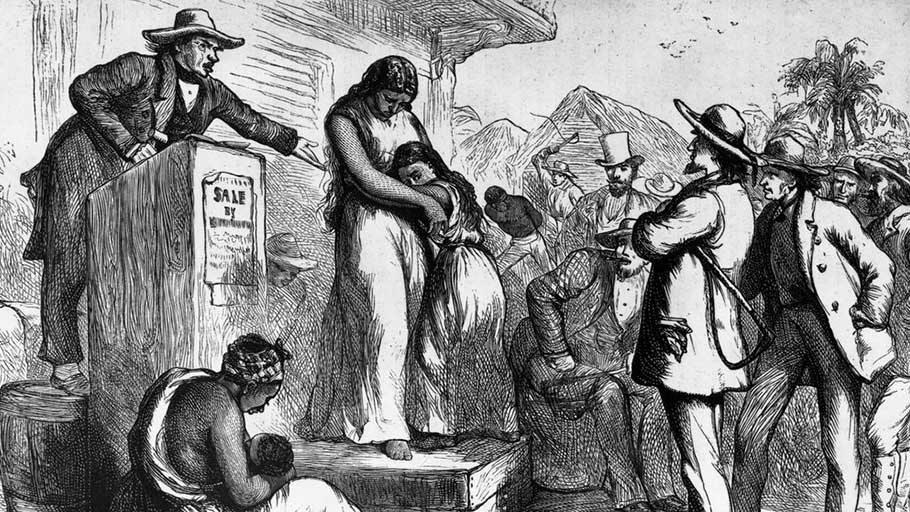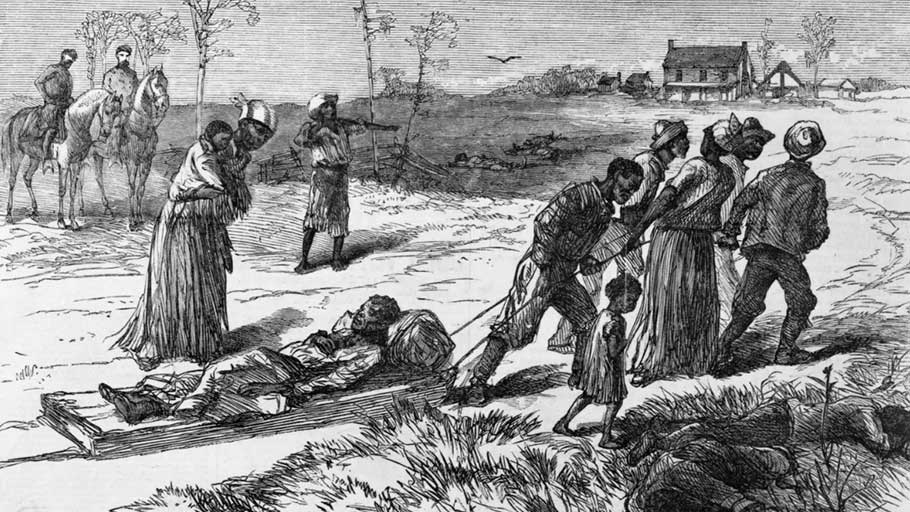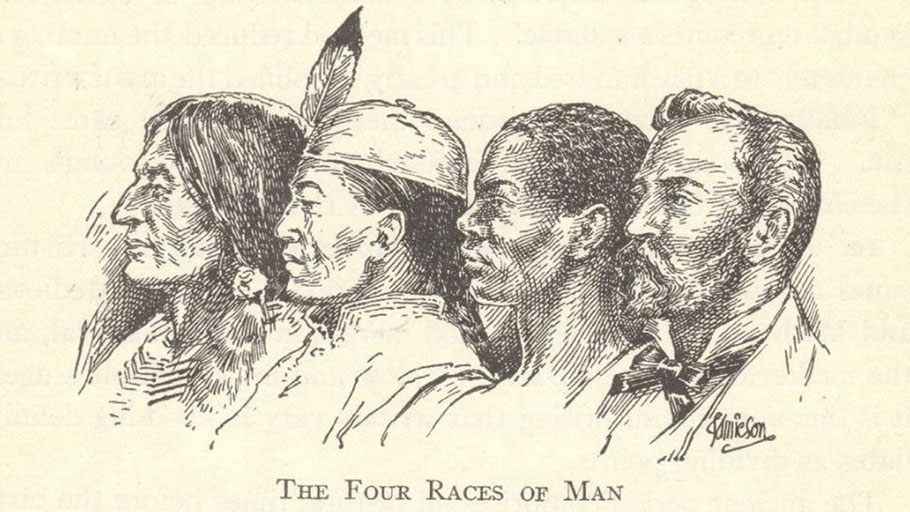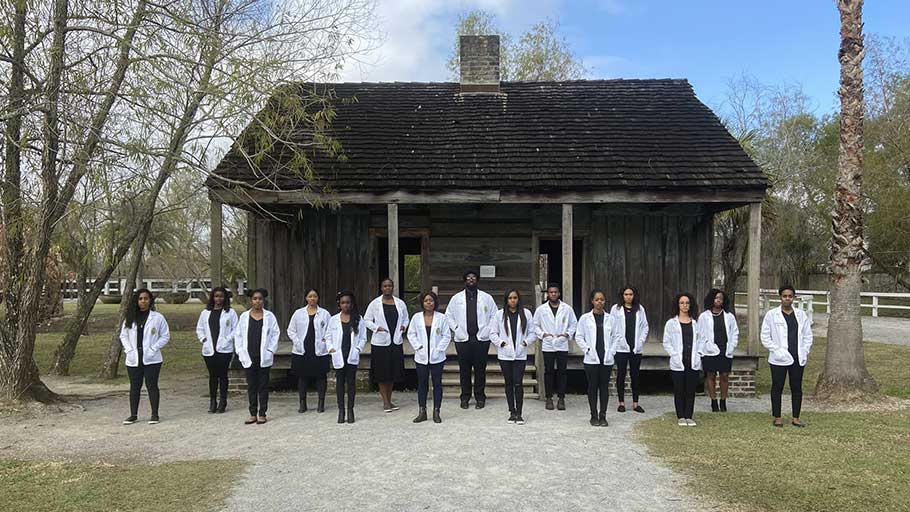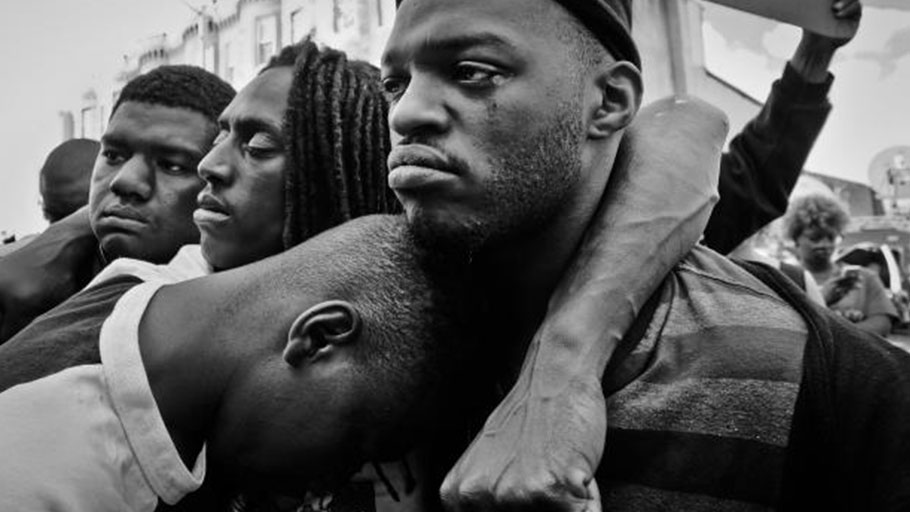
From mass incarceration to mass deportation, our nation remains in deep denial. By Michelle Alexander, NYT — Ten years have passed since my book, “The New Jim Crow,” was published. I wrote it to challenge our nation to reckon with the recurring cycles of racial reform, retrenchment and rebirth of caste-like systems that have defined our racial history since slavery. It has been an astonishing decade. Everything and nothing has…

